World this week







A British judge rejected the United States' request to extradite WikiLeaks founder Julian Assange to face espionage charges over the publication of secret U.S. documents a decade ago, saying he was likely to kill himself if held under harsh U.S. prison conditions. In a mixed ruling for Assange and his supporters, District Judge Vanessa Baraitser rejected defense arguments that the 49-year-old Australian faces a politically motivated American prosecution that rides roughshod over free-speech protections. But she said Assange's precarious mental health would likely deteriorate further under the conditions of "near total isolation" he would face in a U.S. prison.
"I find that the mental condition of Mr. Assange is such that it would be oppressive to extradite him to the United States of America," the judge said. Lawyers for the U.S. government said they would appeal the decision, and the U.S. Department of Justice said it would continue to seek Assange's extradition.
Hong Kong police arrested 53 former lawmakers and democracy proponents for allegedly violating the new national security law by participating in unofficial election primaries for the territory's legislature last year. The mass arrests were the largest move against Hong Kong's democracy movement since the law was imposed by Beijing last June to quell dissent in the semi-autonomous territory. "The operation today targets the active elements who are suspected to be involved in the crime of overthrowing, or interfering (in) ... the Hong Kong government's legal execution of duties," Hong Kong's security minister John Lee said.
He said those arrested were suspected of trying to paralyze the government by attempting to gain a majority in the legislature to create a situation in which the chief executive had to resign and the government would stop functioning. The legislative election that would have followed the unofficial primaries was postponed by a year by Hong Kong Chief Executive Carrie Lam.
Gulf Arab leaders signed a declaration to ease a rift with Qatar, following Saudi Arabia's decision to end a 3 1/2-year embargo of the tiny energy-rich country that deeply divided regional U.S. security allies and frayed social ties across the Arabian Peninsula. Saudi Arabia also said it was restoring full diplomatic relations with Qatar, although it was not clear how soon the step would be followed by the United Arab Emirates, Bahrain and Egypt, which had joined the kingdom in isolating the country over its regional policies.
On the eve of the Gulf Arab leaders' summit held this week in the ancient desert city of Al-Ula, the Saudis announced they would open the kingdom's airspace and borders to Qatar, the first major step toward ending the diplomatic crisis that began in 2017, when the Trump administration was starting to raise pressure on Iran.
Parading giant portraits of Hugo Chavez and independence hero Simon Bolivar, allies of President Nicolas Maduro retook control of Venezuela's congress this week, the last institution in the country it didn't already control. The symbolic restoring of the images to Venezuela's parliament capped a celebratory day for the ruling socialist party in which they claimed to have avenged the humiliating defeat five years ago when government opponents won control of the legislature and proceeded to remove portraits of the two national icons in a fierce - if futile - challenge to Maduro's lock on power.
Jorge Rodriguez, the incoming assembly president, vowed to "exorcise" from the legislative palace all vestiges of its previous occupants, who he accused of plotting from its neo-classical chamber Maduro's violent overthrow with the help of foreign mercenaries and the Trump administration. Maduro's allies swept legislative elections last month, that were boycotted by the opposition and denounced as a sham.









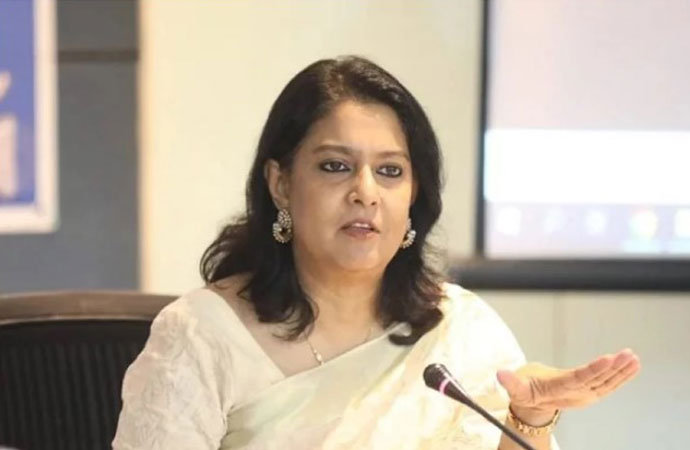
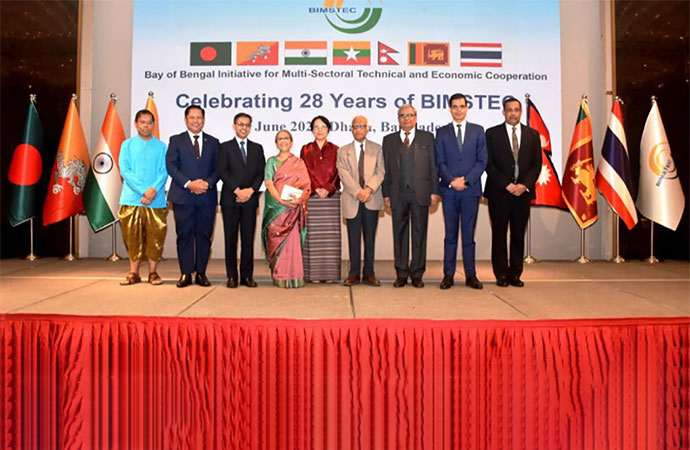








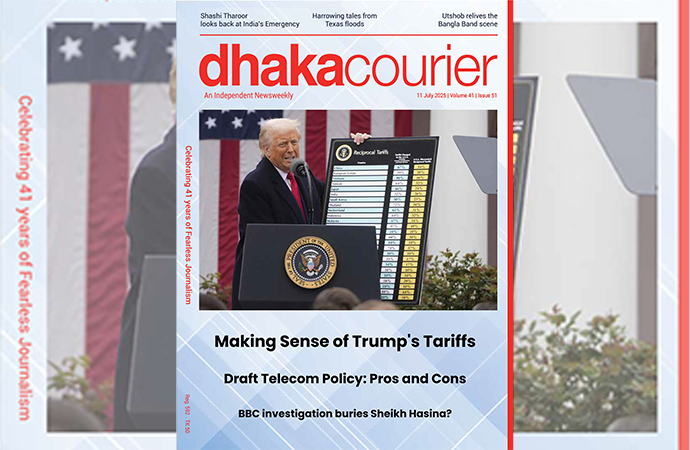
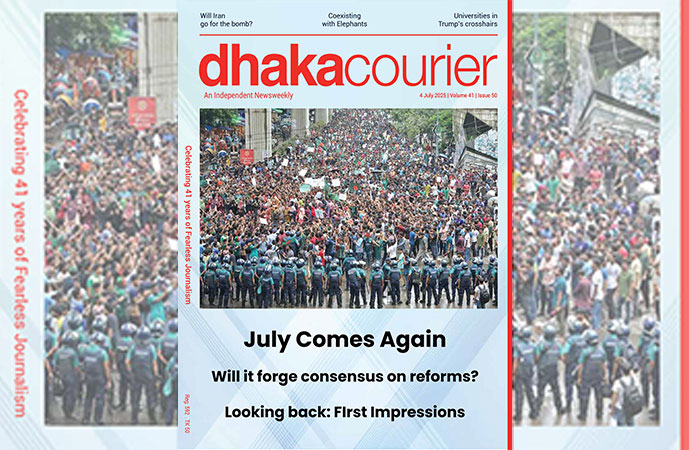
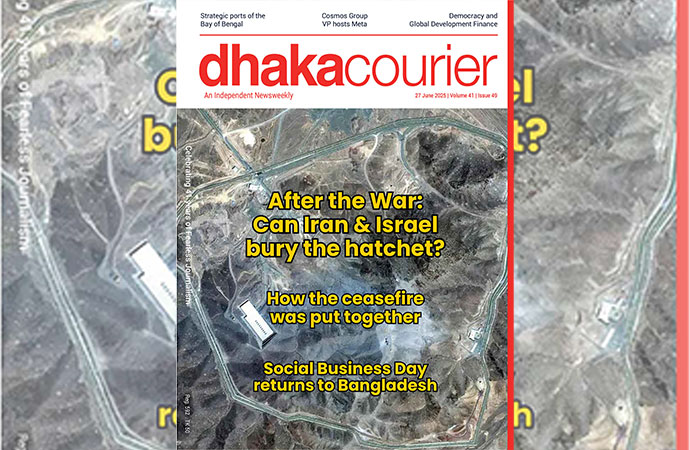
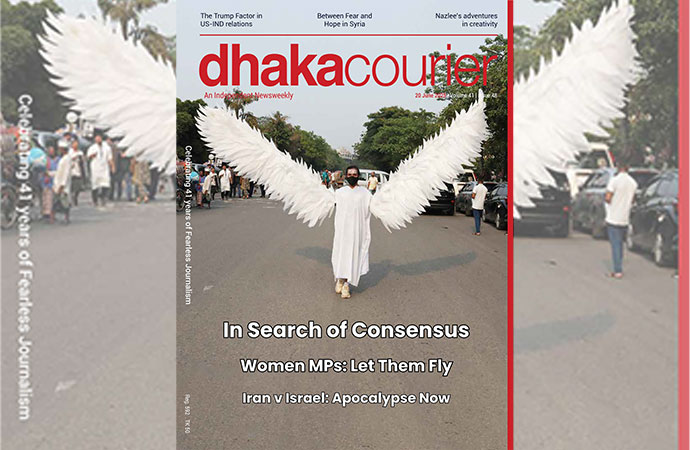
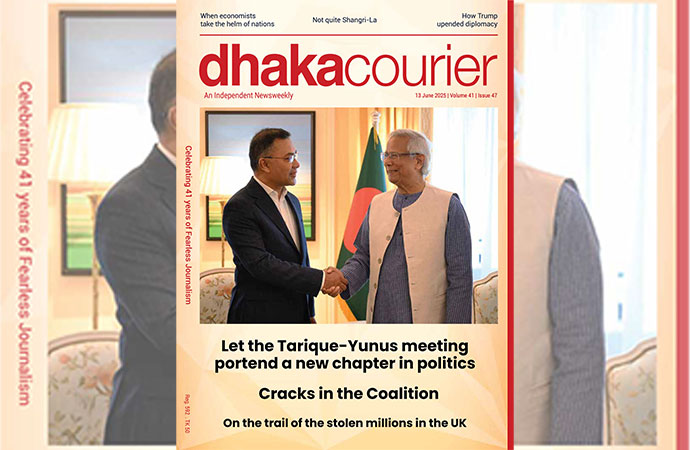
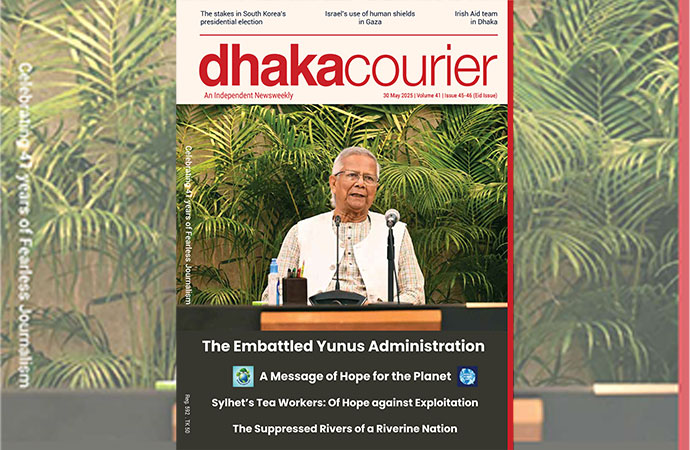
Leave a Comment
Recent Posts
The Northeastern Question
When secessionist movements sprang up across the Eastern European part ...
Trump’s Tariff: How far should ...
Will Bangladesh manage to get a last minute reprieve on its 'Trump tar ...
Rivers, Peaks, and Expressions – My Experience at th ..
What lies behind the alarming spike in violence agai ..
A Himalayan choice
Twenty Palestinians were killed at a food distributi ..